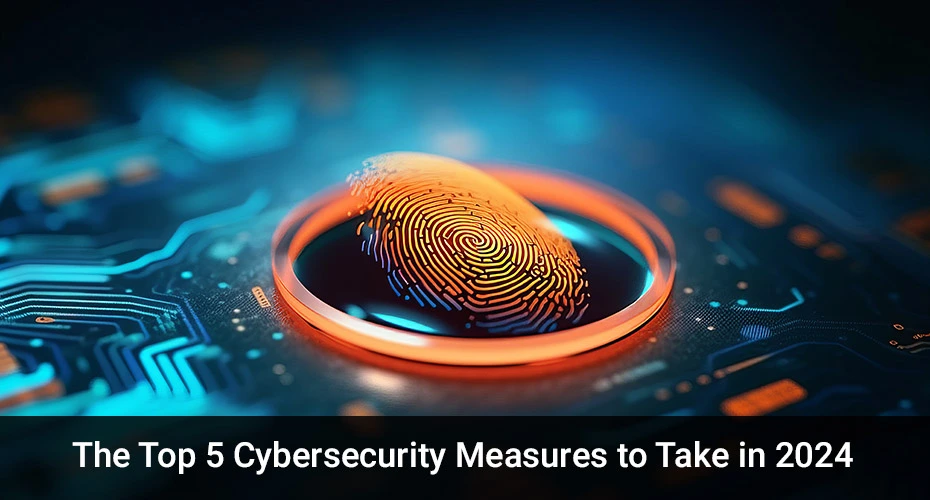Quantum computers leverage the principles of quantum mechanics, such as superposition and entanglement, to perform computations at speeds unattainable by classical computers. While this technological leap offers immense potential benefits, it also poses significant challenges to current cybersecurity paradigms. One of the primary concerns in cybersecurity is encryption. Modern encryption techniques, such as RSA and ECC Elliptic Curve Cryptography, rely on the computational difficulty of certain mathematical problems, like factoring large prime numbers or solving discrete logarithms. These problems are considered intractable for classical computers, ensuring the security of encrypted data. However, quantum computers, particularly those employing Shor’s algorithm, can solve these problems exponentially faster. Shor’s algorithm, when run on a sufficiently powerful quantum computer, can factorize large integers and solve discrete logarithms in polynomial time, effectively rendering current encryption methods obsolete.

The looming threat of quantum computing has spurred the development of quantum-resistant cryptographic algorithms. These algorithms are designed to withstand the computational power of quantum machines, ensuring the longevity of secure communications. The National Institute of Standards and Technology NIST has been at the forefront of this effort, organizing a global competition to identify and standardize these next-generation cryptographic techniques. The adoption of quantum-resistant algorithms will be crucial for securing data against future quantum attacks, but the transition poses logistical and technical challenges, including the need to update and replace existing systems and infrastructure. Aside from encryption, quantum computing can also impact other areas of cybersecurity, such as secure communications and network security. Quantum Key Distribution QKD is a technique that utilizes the principles of quantum mechanics to enable secure communication. QKD allows two parties to generate a shared, secret key, which can be used for encrypted communication. The security of QKD is grounded in the laws of quantum physics, making it theoretically immune to eavesdropping. Any attempt to intercept the quantum signals used in QKD would disturb the system, alerting the communicating parties to the presence of an intruder.
The integration of quantum computing into Adored the Movie cybersecurity strategies will also require a shift in the skillsets and knowledge base of cybersecurity professionals. Understanding quantum mechanics and quantum algorithms will become increasingly important for those tasked with protecting digital assets. This shift necessitates changes in education and training programs to prepare the workforce for the quantum era. In conclusion, the advent of quantum computing represents both a significant opportunity and a formidable challenge for cybersecurity. The potential to break current encryption standards underscores the urgency of developing and adopting quantum-resistant cryptographic algorithms. At the same time, quantum technologies like QKD offer new avenues for securing communications. The transition to a quantum-aware cybersecurity landscape will require coordinated efforts across research, industry, and government to ensure that the benefits of quantum computing can be harnessed without compromising the security and privacy of digital information.
